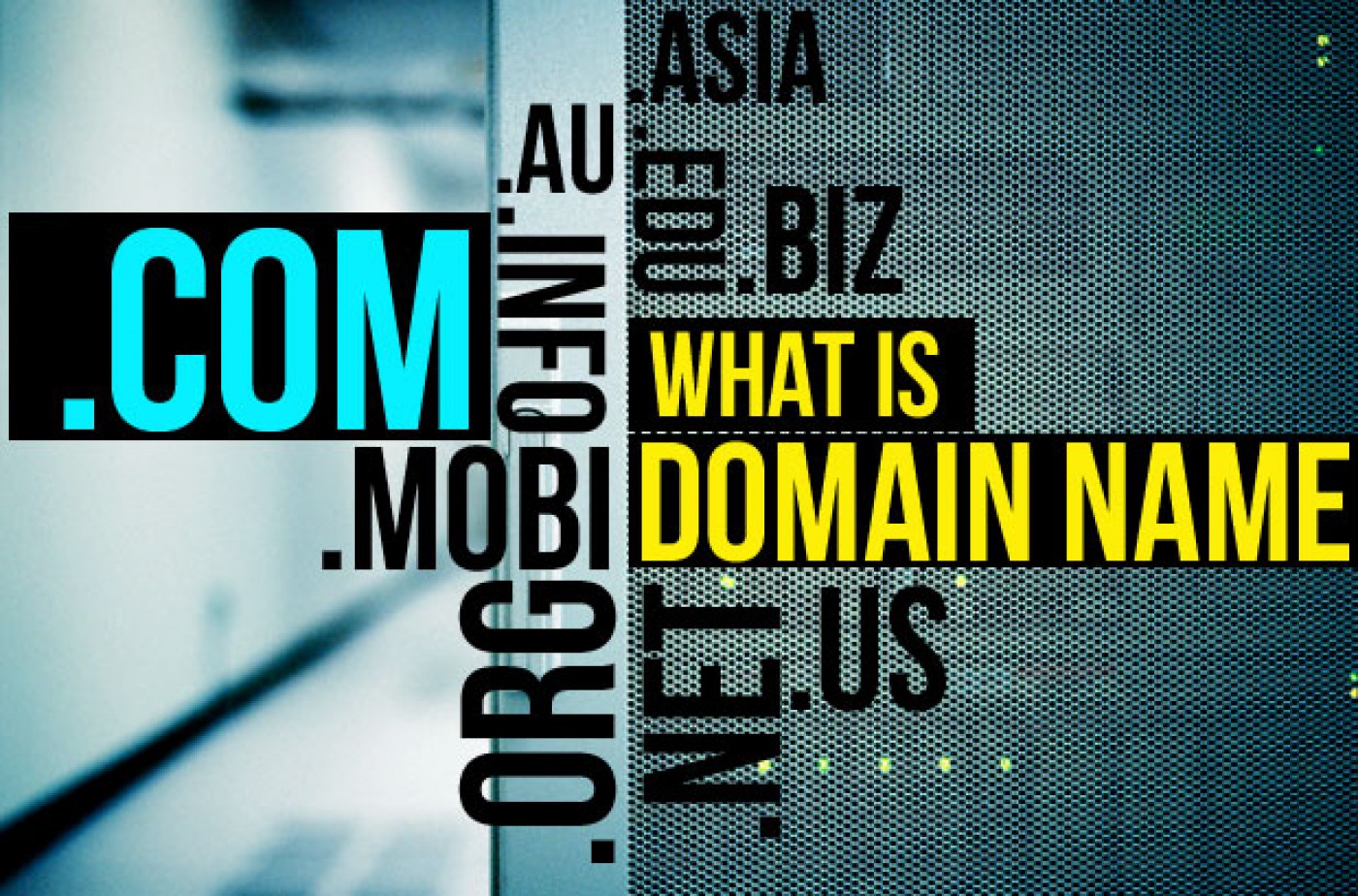6 solid reasons for having your own domain
Taking care of your personal or professional image in the internet is just about the same as it is in real life. It doesn’t matter if we’re talking about blogging, selling products online, establishing a corporate presence or maintaining a personal website. Getting your own domain is of great benefit for all purposes you might have.
Shooting a claim like this without arguments is hollow though, so let’s take a look at some reasons why having a custom domain is important.
Professionalism & Credibility
Which gives you a better impression: yoursite.microweber.com
or yoursite.com?
The latter is shorter, establishes a more credible mood and seems professional. It’s like having a concise, good designed and well written CV.
Your own domain ensures a unique web
presence and adds a “trust” factor to your online image. If you’re serious
about what you’re about to do – blogging, selling or giving expert insight,
then a custom design is a must. Imagine you’re thinking of achieving a
brand identity. You surely want your own independent website that will engage
customers better.
Speaking in terms of SEO, a domain is much easier to find in searches. Keep in mind that some search engines will only index the first page of a domain site, so a subdomain (yoursite.microweber.com) would be left out. And even if they weren’t, search engines take a domain as a more serious entity than subdomains.
It’s the same as the impression, just for engines, not people. You do a query for books and surely the engine sees yoursiteforbooks.com as a more trustful resource than yoursiteforbooks.microweber.com.
Another fact is that a while ago Google made a significant change for subdomains. Results coming from subdomains are considered a part of the root domain (so yoursite.microweber.com is a part of microweber.com) and this affects searches too.

Targeting the local market
Having your domain includes the freedom of targeting a specific country, depending on your focus. So for example if you’re a French local vegetable supplier and wish to establish your online shop, yoursiteforveggies.fr will be way better than yoursiteforveggies.microweber.com.
Thus people from your area (which are your target audience) will find you easier due to the country-specific top level domain (TLD). Localization matters – this way you can achieve a good presence in the search engines’ preferences for local content. Which means driving more traffic to your website, of course and excelling in terms of competition.
The ultimate e-mail adress
This might seem small to some of you, but it really gives yet another very big impression. A @gmail.com or @yahoo.com e-mail is one thing – your own personal e-mail is another. The contrast between firstnamelastname@yahoo.com and firstnamelastname@domainforsellingbooks.com is extreme when it comes to me being a bookseller.
Making money from adverts
Google AdSense is a fitting example here, but it’s not the only one. The idea is that your own domain equals your own way to make money from your own adverts. AdSense is very strict with website approval and many subdomains will not be approved by it. Even with subdomains that are approved, the procedure is very strict and is overall less effective than having your own custom top level domain.
Securing a spot for future projects
There may be dozens of ideas in your mind and many of them are future prospects. While you won’t be focusing on them now, it’s a good idea to secure a domain for your project-to-be. Otherwise you risk someone else getting the domain and stealing possible visitors and customers you might have.
Don’t forget – your desired domain is available now but it may not be later. Act quickly and take it so you have a place to expand your projects on.
Bonus: useful tips when choosing and buying a domain
Aside from these six good reasons of having your own personal domain, here are some quick tips when choosing and purchasing one.
- Aim for a
short domain as it’s more reader-friendly
- Make it an
easy to type/easy to spell one. Mistypes may cost you some potential visitors
and you don’t really want this, do you?
- Secure it.
Take both .com, .net and .org as not to have someone confuse your visitors by
having your website on another TLD. .info is good to secure too.
- Choose your scope
– if you’re going local, use a regional TLD and include your location.
- Try to include
keywords or words that relate to your niche. For example, if you focus on a blog that relates to making your home more comfortable - including anything from slippers, to kitchen decorations or utility tools like lint remover machines...You'll want to have a suitable word that describes this feeling/angle.
- Don’t use
dashes, numbers and other uncommon symbols or abbreviations.
-
Be creative
and try to think of something memorable and standing out from the rest.
- Be wary of
trademarks – if there is a copyright infringement from your side, your domain will
eventually be taken down.
- Registering a domain for a longer period is better as it establishes more serious intentions.
And instead of a conclusion, here's Dot-o-mator - a pretty fine tool that will help you craft your domain name if you're out of ideas.
 Image by Ratch0013, Freedigitalphotos.net
Image by Ratch0013, Freedigitalphotos.net 
No comments
Log in